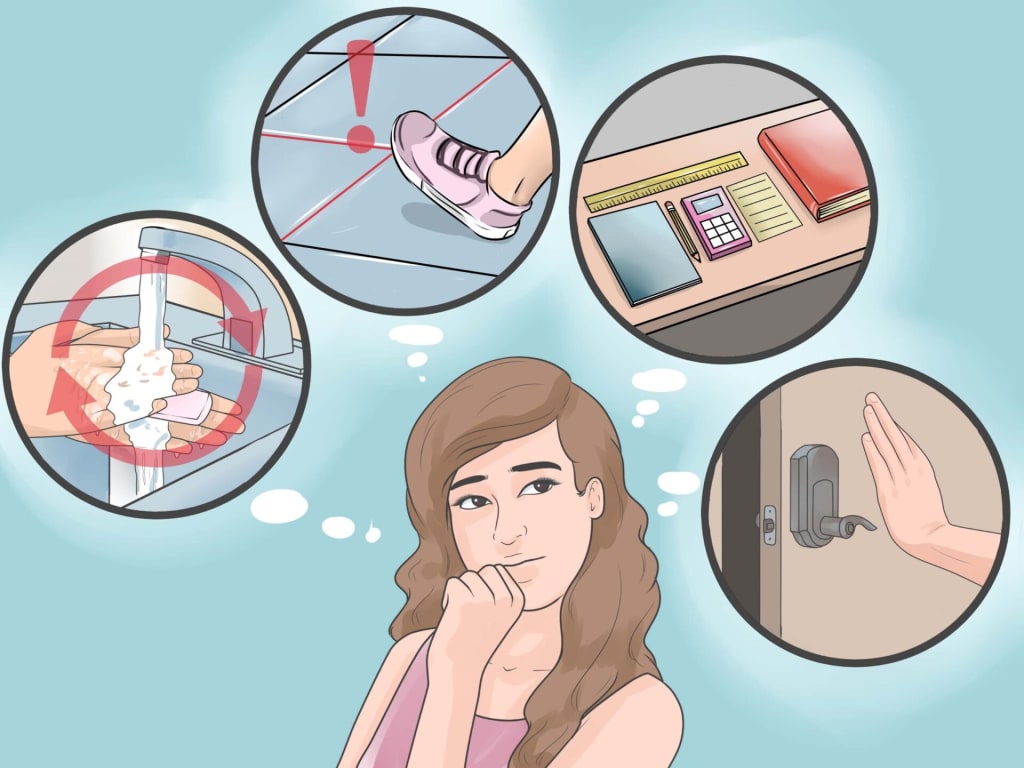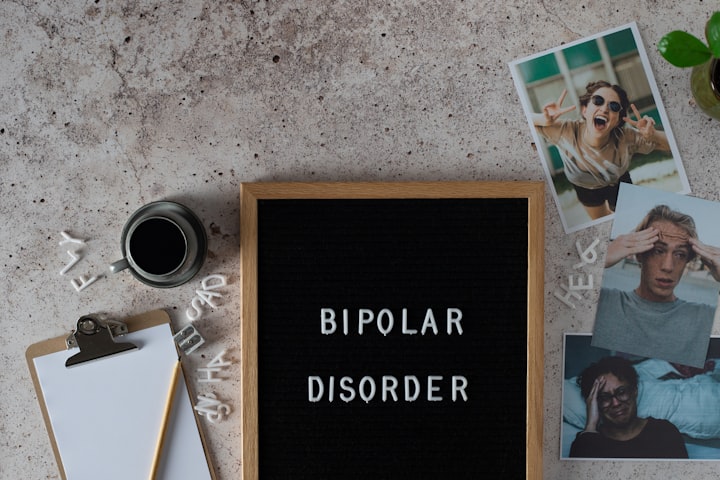The Link Between OCD and Depression: How to Cope with Dual Diagnosis
The Link Between OCD and Depression: How to Cope with Dual Diagnosis

Obsessive-Compulsive Disorder (OCD) and Depression are two different mental illnesses that can have a significant impact on a person's life. However, it is not uncommon for individuals to experience both conditions simultaneously. According to the Anxiety and Depression Association of America (ADAA), 76% of people with OCD will also have depression at some point in their lives. This comorbidity can make it difficult for individuals to manage their symptoms and lead fulfilling life. In this article, we will explore the link between OCD and Depression, the challenges that come with having both conditions and what individuals and their loved ones can do to cope with a dual diagnosis.
Understanding OCD and Depression
OCD is a mental health condition that causes individuals to have intrusive, distressing thoughts and urges (obsessions) that they try to manage through repetitive behaviors or mental acts (compulsions). These obsessions and compulsions can take up a significant amount of time, causing interference with daily activities, and can lead to anxiety, stress, and shame. Common examples of OCD include excessive hand-washing, checking locks or appliances, and repetitive counting or organizing.
Depression, on the other hand, is a mood disorder that can cause feelings of sadness, hopelessness, and worthlessness. It can also lead to physical symptoms such as fatigue, changes in appetite, and difficulty sleeping. Depression can make it challenging to engage in daily activities, leading to isolation and social withdrawal.
The Link between OCD and Depression
While OCD and depression are separate conditions, research suggests that there is a significant link between the two. People with OCD are more likely to experience depression than those without the condition. One theory is that the stress and anxiety caused by OCD can lead to depression. The impact of OCD on a person's life, the stigma attached to it, and the sense of shame that often accompanies the condition can all contribute to the development of depression.
Moreover, the symptoms of OCD and depression can overlap, which can make it challenging to distinguish between the two conditions. For example, an individual with OCD may experience feelings of worthlessness or hopelessness related to their condition, which could be indicative of depression. Additionally, the intrusive thoughts that accompany OCD can be distressing and cause low mood, leading to depression.
Challenges of Dual Diagnosis
Having a dual diagnosis of OCD and depression can be challenging. The symptoms of both conditions can exacerbate each other, leading to a cycle of distress and dysfunction. For example, a person with OCD may become depressed due to the intrusive thoughts and rituals they experience, leading to social isolation and withdrawal. This, in turn, can lead to a further decline in mood and exacerbation of OCD symptoms.
Moreover, having both OCD and depression can make it challenging to access appropriate treatment. Individuals with a dual diagnosis may require specialized care that addresses both conditions, which may not always be available. Additionally, the stigma attached to mental health conditions can make it difficult for individuals to seek help and find an OCD specialist or mental health provider who can provide the appropriate treatment.
Coping with Dual Diagnosis
While having a dual diagnosis of OCD and depression can be challenging, there are steps individuals can take to manage their symptoms and improve their quality of life. Here are some coping strategies that may be helpful:
Seek Professional Help
Seeking help from an OCD specialist or mental health professional who has experience treating both OCD and depression is critical. They can provide an accurate diagnosis and develop a treatment plan tailored to the individual's needs. Treatment options may include cognitive-behavioral therapy (CBT), medication, or a combination of the two.
Practice Self-Care
Self-care activities such as exercise, meditation, and mindfulness can help individuals manage their symptoms and improve their overall well-being. These activities can help reduce stress, improve mood, and promote relaxation. It is essential to find activities that work for the individual and incorporate them into their daily routine.
Connect with Supportive People
Connecting with supportive friends, family members, or peers can provide a sense of social support and reduce feelings of isolation. Online support groups, such as those provided by the International OCD Foundation, can also be helpful in connecting with others who have similar experiences and can provide a sense of community.
Set Realistic Goals
Setting realistic goals and focusing on small, achievable tasks can help individuals feel a sense of accomplishment and improve their self-esteem. It is important to acknowledge progress, even if it is small, and to avoid self-criticism.
Practice Acceptance
Practicing acceptance and letting go of the need for control can be difficult but can ultimately lead to a reduction in OCD symptoms. It is essential to recognize that having intrusive thoughts or compulsions is not a reflection of one's character or worth.
Encourage Treatment for Loved Ones
For loved ones of individuals with OCD and depression, it is crucial to provide support and encouragement to seek treatment. Encourage them to seek help from an OCD specialist or mental health professional, and offer to help them find resources or attend appointments with them.
Educate Yourself
Educating oneself on OCD and depression can help reduce stigma and increase understanding. It is essential to recognize that both conditions are treatable and that seeking help is a sign of strength, not weakness.





Comments
There are no comments for this story
Be the first to respond and start the conversation.